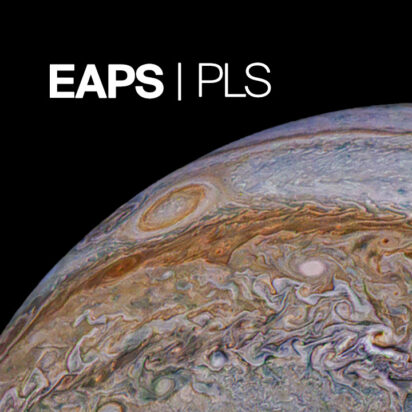
[PLS] Sebastian Zieba (CfA)
Date: Tuesday, May 6, 2025 Time: 12:30 - 1:30pm Location: 54-517 | MIT Campus, Cambridge, MA, 02139“The Frontier of Rocky Exoplanet Characterization with JWST – Their Atmospheres and Surfaces in Emission”
It is now well-established that small planets are abundant throughout the Galaxy. Based on their bulk densities, many of these worlds are expected to have terrestrial, rocky compositions – tantalizing evidence that our Galaxy may be teeming with rocky planets, some even residing in the right temperature range for liquid water on their surfaces. Yet, despite this promise, we know very little about the atmospheres of these planets – or whether they have atmospheres at all. The only robust way to determine if a terrestrial exoplanet possesses an atmosphere is to study it directly, through its thermal emission, reflected light, or transmission spectrum.
In this talk, I will present JWST observations using emission spectroscopy to characterize the atmospheres and surfaces of rocky exoplanets. I will highlight our study of the hot, bare rock planet LHS 3844b, where we used JWST MIRI/LRS (5–12 microns) to observe three eclipses. The resulting emission spectrum allows us to constrain the surface composition – distinguishing between basalt, ultramafic rock, and granite. In addition, a recent phase curve taken with JWST NIRSpec G395H (2.7–5.2 microns) further refines our understanding of the surface. Together, these observations provide the first empirical constraints on the geologic history of a rocky exoplanet orbiting an M dwarf.
I will also discuss ongoing efforts to characterize rocky planet atmospheres in emission, from temperate worlds in the TRAPPIST-1 system to molten lava planets with rock vapor atmospheres. With a forthcoming 500-hour JWST program and many other observations underway, we are entering a transformative era for understanding whether – and how frequently – planets around M dwarfs retain their atmospheres.
Planetary Lunch Seminar —
Colloquia topics span the range of research interests of the department’s planetary sciences research program, and the talks are intended to appeal to any graduate students, postdocs, research scientists, and faculty with a background in planetary science. Speakers include members of the MIT community and visitors.
Contact: planetary-org@mit.edu
